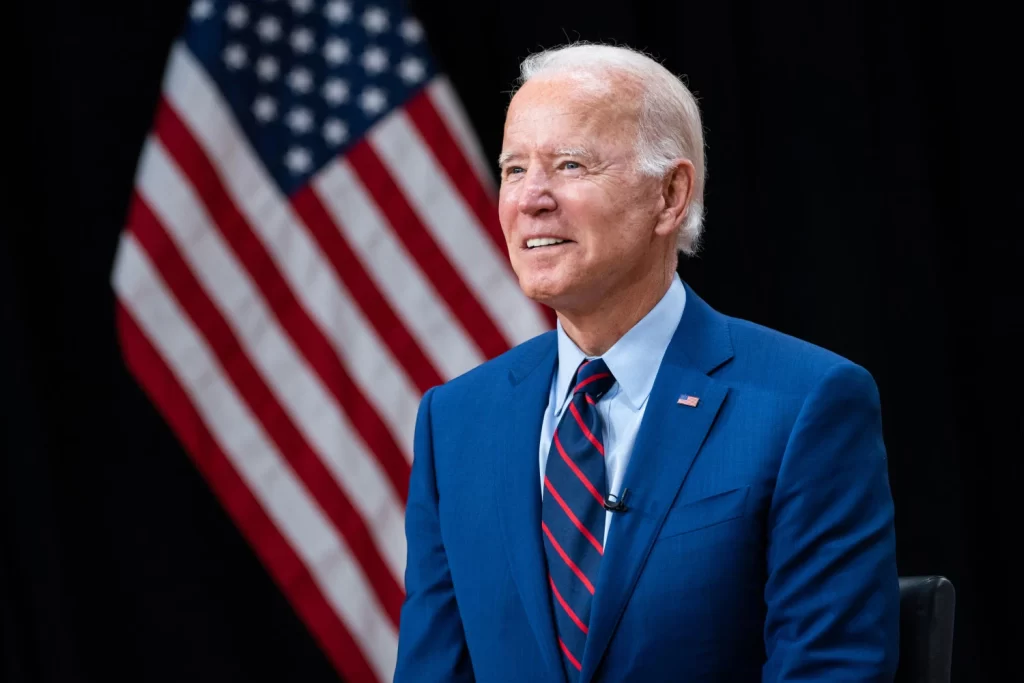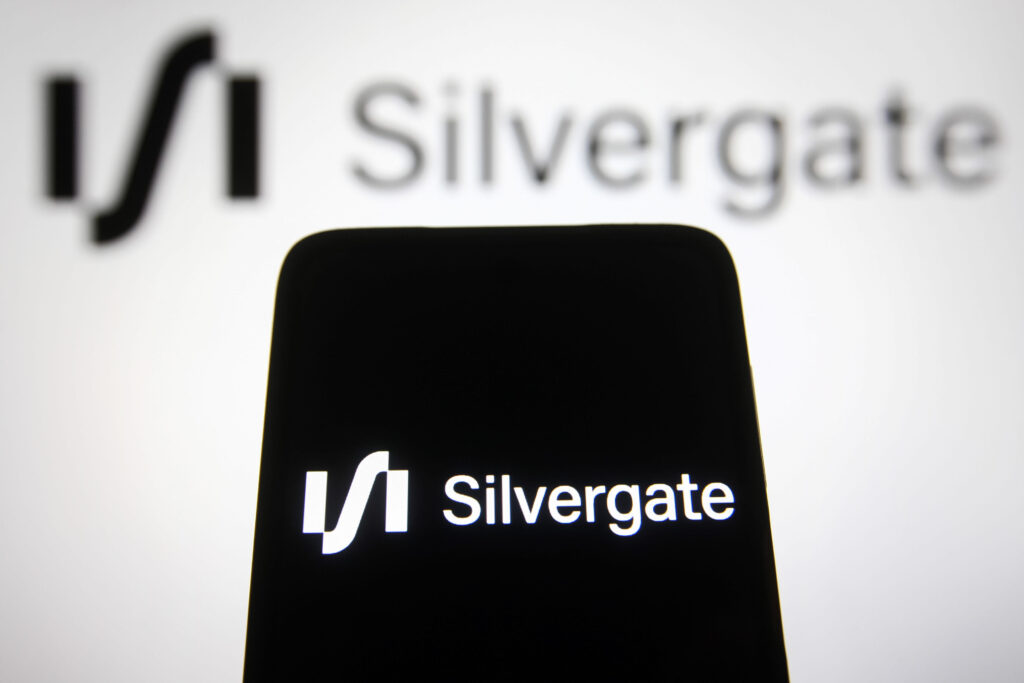In a notable effort to repair the relationship with the cryptocurrency sector, advisers to U.S. Vice President Kamala Harris have reached out to major crypto companies, aiming to reset the strained ties between the Democratic Party and the industry.
According to the Financial Times, Harris’s team has initiated contact with key figures at leading crypto firms, including the cryptocurrency exchange Coinbase, stablecoin issuer Circle, and blockchain payment firm Ripple Labs.
The outreach seeks to promote a more constructive dialogue and develop a regulatory framework supportive of the industry’s growth.
This initiative comes at a time when the crypto sector has shown increased support for Harris’s opponent, former President Donald Trump, the Republican Party nominee. It also responds to criticism of the Biden administration’s stance on digital assets.
The effort follows a letter signed by Democratic members of the U.S. House of Representatives and 2024 candidates, urging the party to rethink its approach to the digital asset industry. The letter emphasizes the need to move away from perceived hostility toward the sector.
Harris’s advisers have emphasized that the outreach to the crypto industry is not primarily about securing electoral contributions.
Instead, it is focused on building a positive relationship that could lead to a sensible regulatory framework.
This initiative is also part of a broader strategy to reshape the Democratic Party’s image among business leaders.
The Harris campaign aims to counter the perception that Democrats are anti-business, a sentiment reinforced by the Biden administration’s antitrust actions against tech companies.
Harris is keen on promoting a message of being “pro-business, responsible business,” to reassure the industry of the party’s commitment to fostering a supportive business environment.
Meanwhile, Trump, who previously expressed skepticism toward cryptocurrencies, has emerged as a strong advocate for the sector.
His keynote speech at the Bitcoin 2024 conference in Nashville, Tennessee, underscored his support, attracting significant backing from the crypto community.
Pro-crypto super PAC Fairshake has raised over $200 million from notable supporters, including Coinbase and Ripple, while Trump’s campaign has received roughly $3 million in cryptocurrency donations since announcing it would accept digital assets.
To submit a crypto press release (PR), send an email to sales@cryptointelligence.co.uk.










